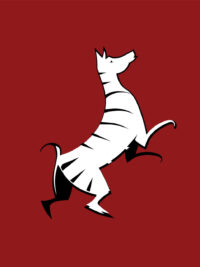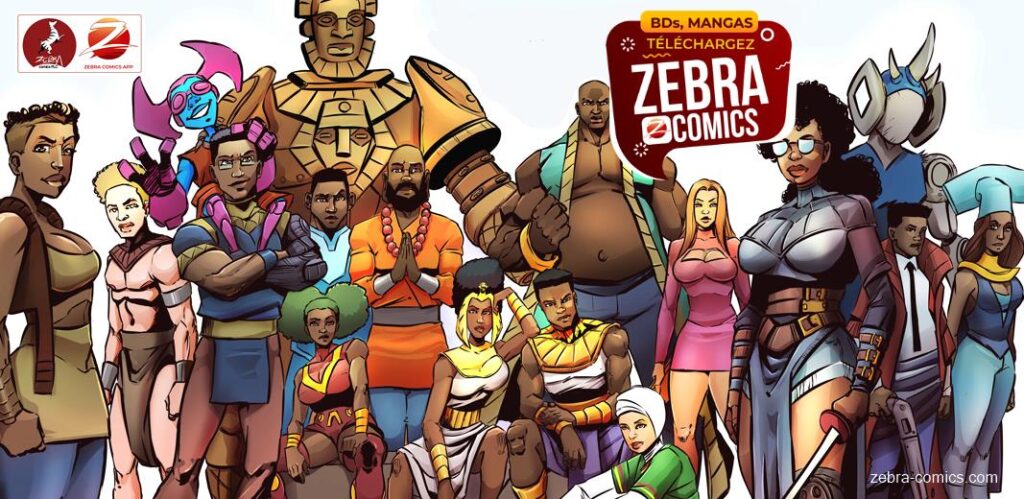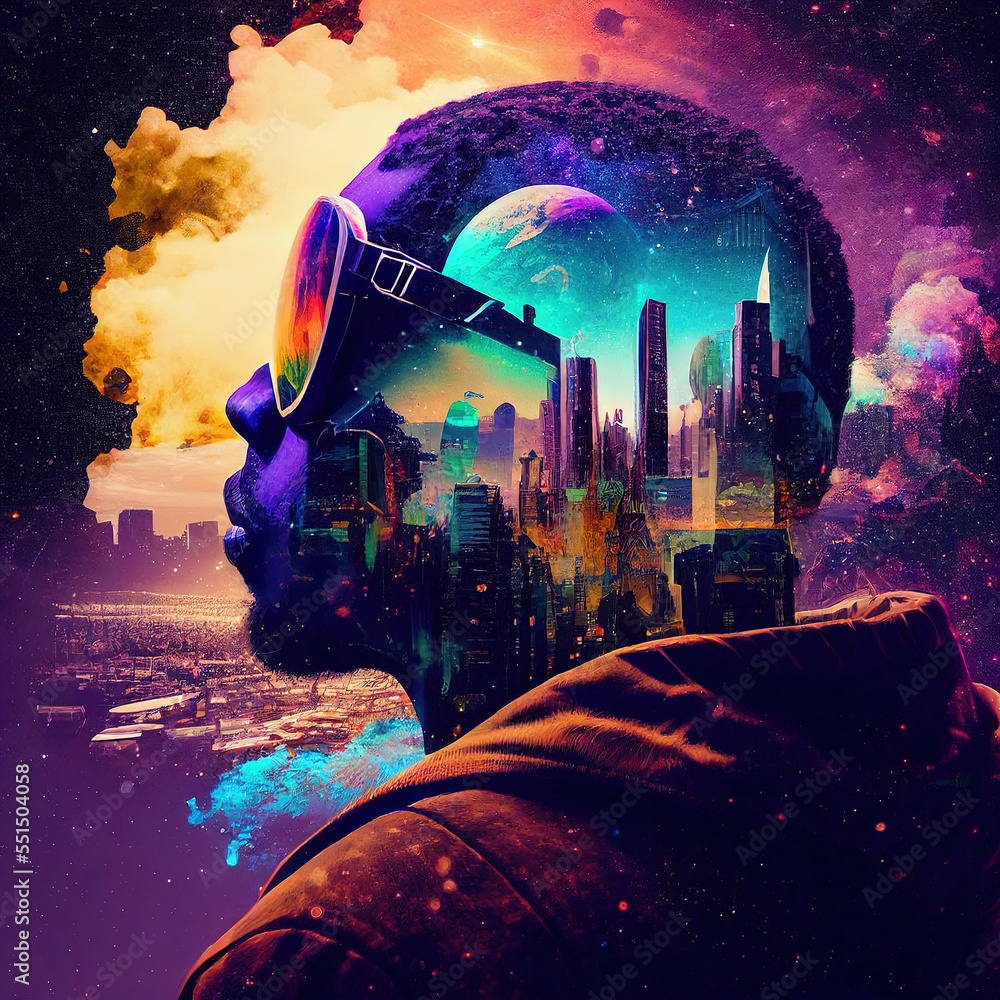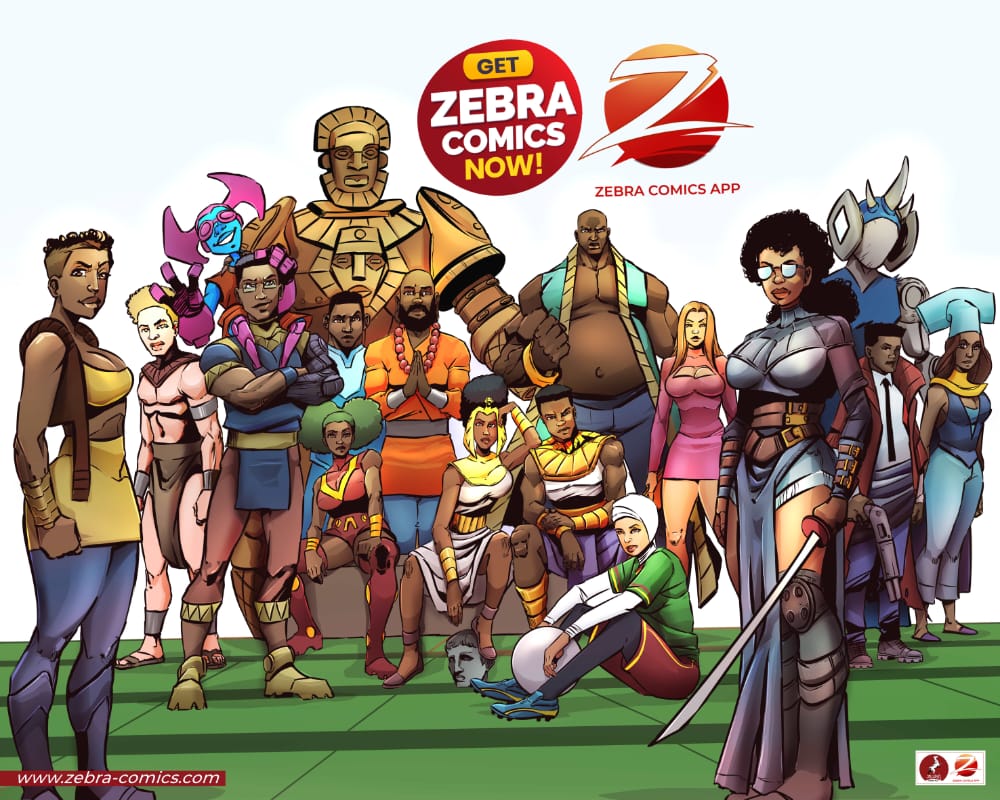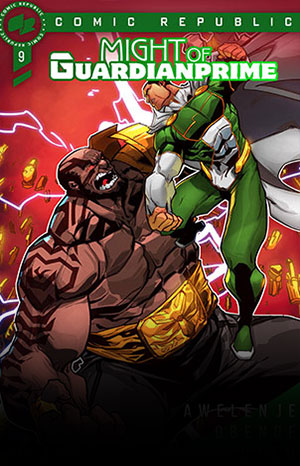The comic book industry across the globe has long been dominated by major publishers, but an exciting shift is happening in Africa. With the rise of indie publishing, African comics are breaking new ground, showcasing unique storytelling perspectives and cultural representations. From the bustling cities of Lagos to the creative hubs of Nairobi, indie publishers are tapping into rich traditions, modern social issues, and digital platforms to tell their stories in ways that resonate both locally and globally.
One of the most notable examples of this transformation is Zebra Comics, a trailblazer in the African comic book scene. As one of the leading independent publishers in the continent, Zebra Comics is helping redefine what African comics can be, drawing attention to the growing importance of indie publishing in the comic book industry. But they are just one piece of the puzzle. Alongside Zebra, many other indie publishers are emerging, bringing fresh voices and ideas to the comic book world. Let’s take a deeper dive into how indie publishing is revolutionizing African comics and what it means for the future of the industry.
Zebra Comics: A Game-Changer in African Comics
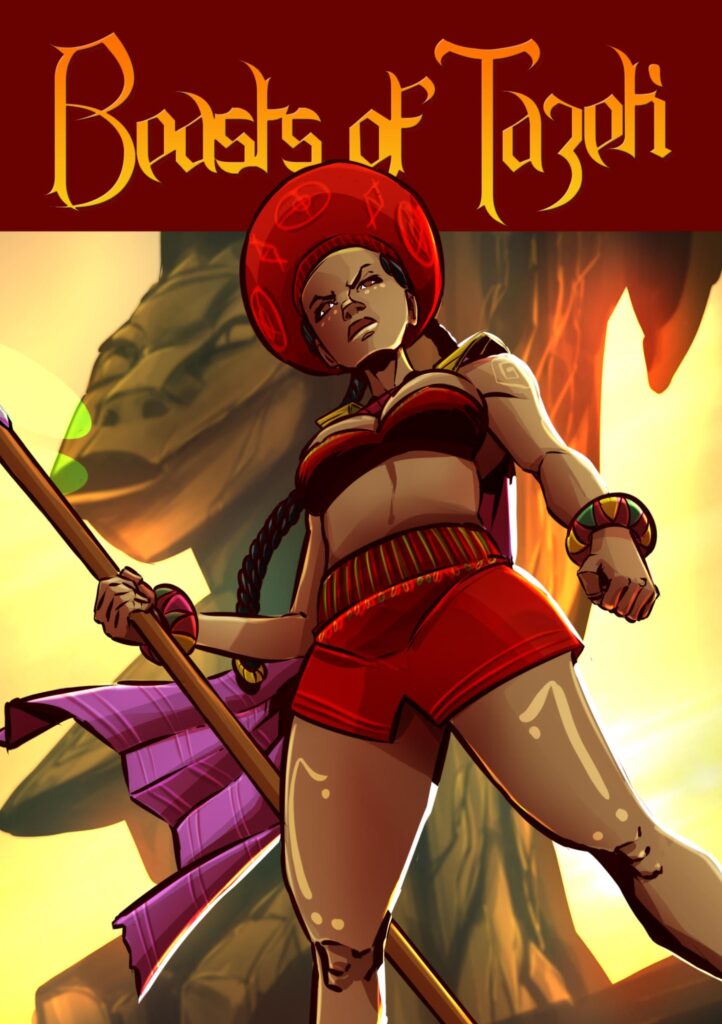
Founded with the mission of showcasing African creators and their stories, Zebra Comics has become a key player in the indie comic book scene. With a focus on modern African narratives, Zebra Comics produces comics that reflect the cultural, political, and social landscapes of the continent. Their titles, such as Anaki and Beasts of Tazeti, delve into powerful themes such as heroism, identity, and African spirituality. These comics go beyond the traditional superhero genre, exploring a rich tapestry of African folklore, mythology, and contemporary issues.
What sets Zebra Comics apart is their commitment to elevating African voices. They provide a platform for emerging talent, supporting local artists and writers who might not have access to the same resources as larger publishers. This independent spirit has made Zebra a symbol of the potential for growth in the African comic book industry. Their success has inspired others to follow suit, paving the way for a new generation of African comic book creators.
Symphonii Studios: Narratives That Resonate with Youth
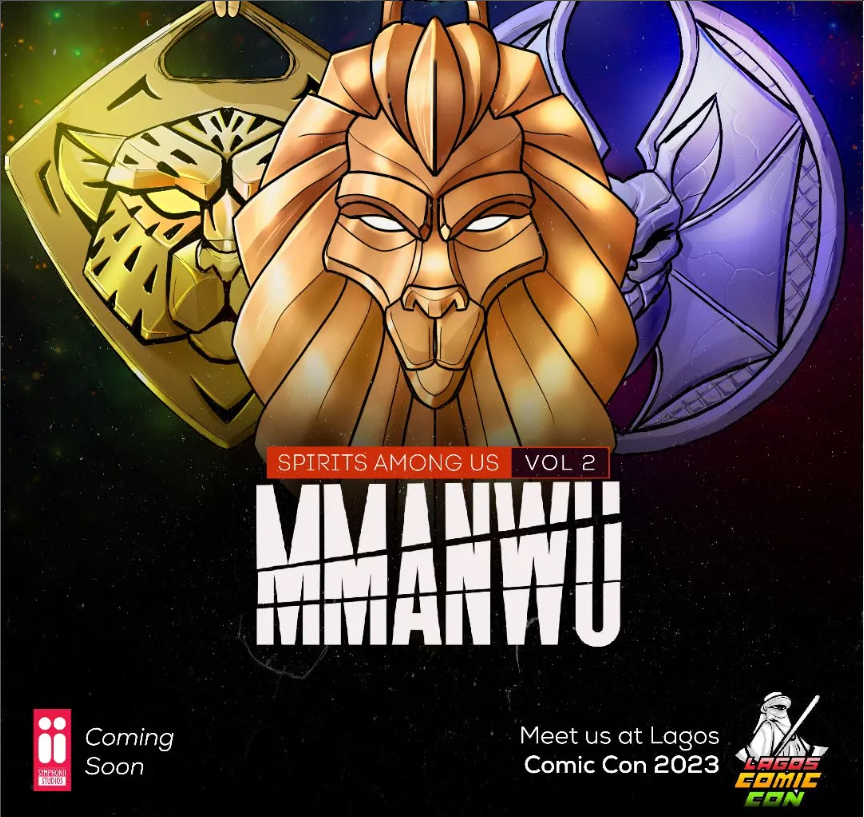
Following closely behind Zebra Comics in the African indie comic book scene is Symphonii Studios. This emerging presence is gaining recognition for its ability to craft relatable and engaging narratives that connect with the younger demographic. Titles such as Crime and Attraction are gaining traction for their fresh takes on contemporary societal issues and personal stories. By addressing themes such as identity, mental health, and belonging, Symphonii Studios is carving out its own space in the growing world of African indie comics.
In many ways, Symphonii Studios exemplifies the direction in which African comics are heading: toward storytelling that speaks directly to the lived experiences of a new generation. With digital platforms like webcomics and webtoons gaining popularity, Symphonii Studios has found a receptive audience for its stories that might not have had the same reach in the traditional print model. By tapping into the digital ecosystem, Symphonii Studios is helping shape the future of webcomics in Africa, particularly among youth who are more likely to consume content online.
Etta Studios: Using Comics for Social Dialogue
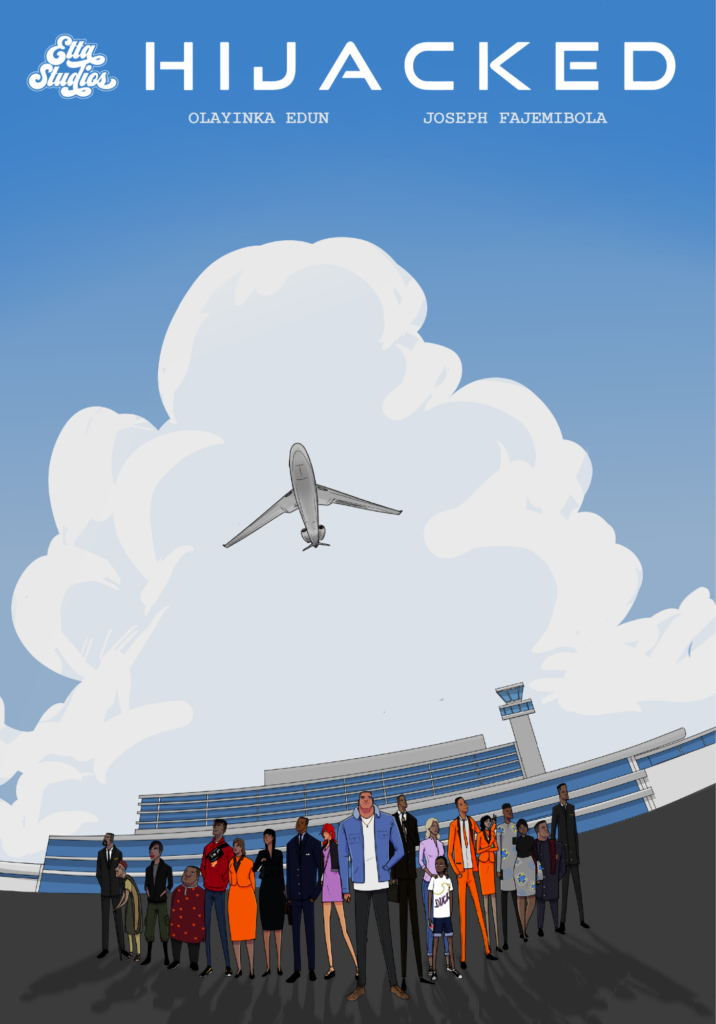
Another significant player in the indie comic scene is Etta Studios, which has gained attention for its thought-provoking titles like Hijacked #1 and Moirai #1. Etta Studios tackles complex social themes that are relevant to contemporary African societies, particularly in Nigeria. By addressing topics such as social justice, gender equality, and political corruption, Etta Studios is helping to demonstrate the power of comics as a medium for social dialogue.
These comics often blur the line between entertainment and activism, using the comic book format to spark conversations about real-world issues. Etta Studios, much like Zebra Comics and Symphonii Studios, exemplifies the growing trend of comics as a means of exploring social realities and contributing to the discourse on national and global challenges.
Collectible Comics NG: A New Wave of Heroism and Community
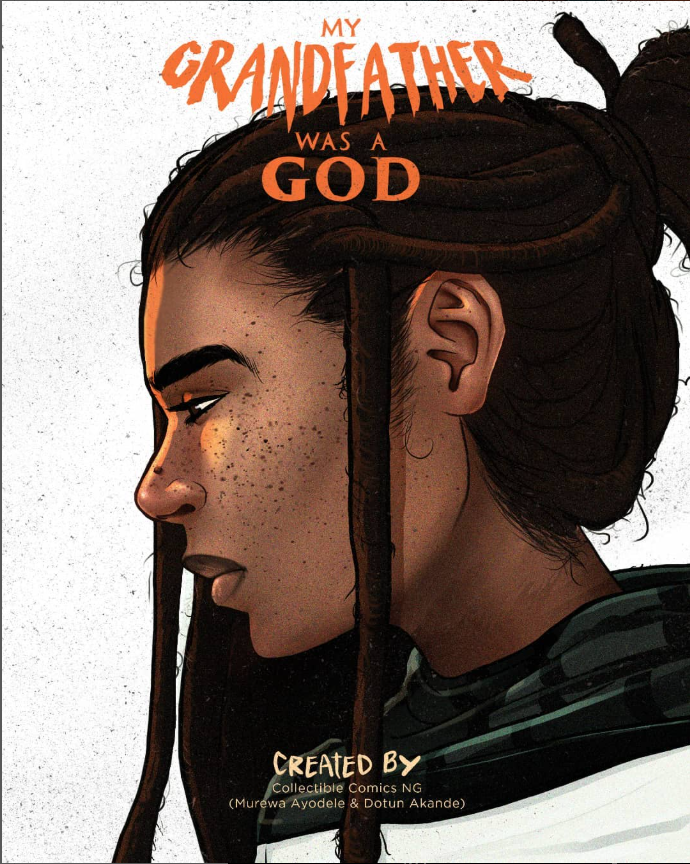
Other indie publishers, such as Collectible Comics NG, are continuing to explore themes of heroism and community in their works. Comics like My Grandfather is a God by Collectible Comics NG draws upon the classic superhero genre while also incorporating local culture, identity, and tradition. These comics offer readers an opportunity to see heroes that reflect their own experiences and backgrounds, making the stories feel more relatable and grounded in African context.
By highlighting communal values and moral responsibility, these indie publishers offer a refreshing contrast to the often individualistic narratives seen in mainstream comic books. Their work underscores the importance of collective identity and community building in the face of adversity—a message that resonates strongly with many African readers.
The Digital Revolution: Webcomics and Webtoons
A significant shift in the African comic book industry is the rise of webcomics and webtoons. Platforms such as Webtoons and Global Comix have become vital spaces for indie African creators to share their work with a global audience. One notable success story is Mr. Gray by Enobong Umoetuk, which has garnered attention on Webtoon. The webcomic is a perfect example of how the digital age is transforming the way African comics are created and consumed.
Webcomics are especially appealing to younger audiences who prefer reading on their smartphones and computers. With internet penetration steadily increasing across Africa, these digital platforms allow creators to bypass traditional publishing barriers, making their work more accessible to a wider audience. The rise of webcomics is also pushing creators to innovate, exploring new formats, styles, and genres that might not have fit within the constraints of traditional print comics.
Traditional Meets Modern: African Mythology in Comics
Another exciting trend in the African comic book scene is the integration of traditional African folklore and mythology with modern comic formats. Publishers like Peda Entertainment and Bunktoons are at the forefront of this movement. Peda Entertainment’s Alusi explores Igbo mythology, while Bunktoons’ Cursed Clouds dive into fantasy and folklore, blending ancient stories with modern comic book artistry.
These comics not only offer readers a fresh perspective on African heritage but also introduce global audiences to the rich mythologies of the continent. By combining traditional elements with contemporary storytelling techniques, these publishers are helping African comics carve out a unique and distinctive niche in the global comic book market.
Collaboration and Pan-African Efforts
Collaboration is another powerful force reshaping the African comic book industry. The Long Distance: Pan-African Comics Anthology, published by Ethiopia’s Etan Comics, is a prime example of how artists and writers from different African countries are coming together to create comics that transcend national boundaries. This anthology reflects a Pan-African ethos, uniting the diverse cultures of Africa under a shared artistic vision.
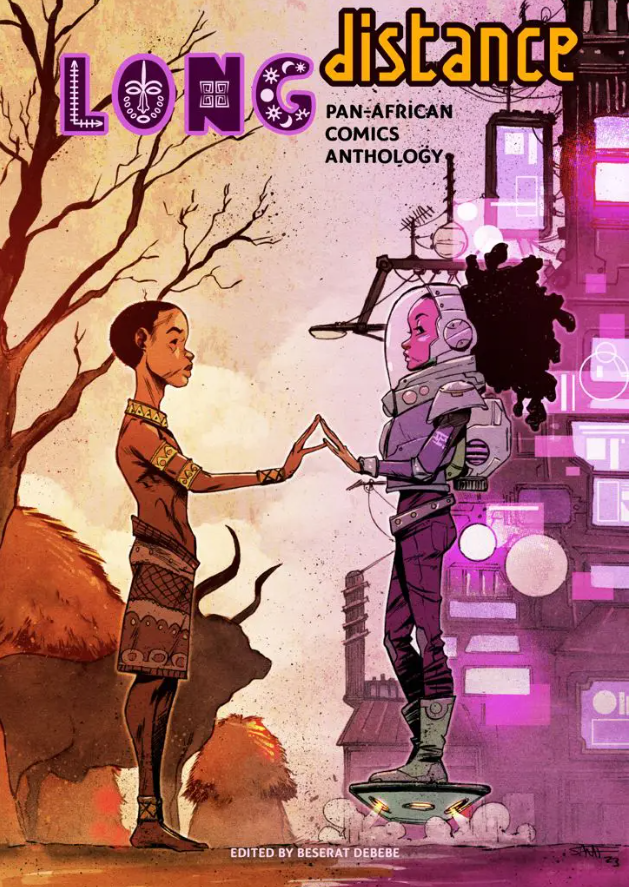
Such collaborative efforts not only help to build stronger networks within the African comic book community but also showcase the continent’s diverse storytelling traditions and artistic styles. By working together, African creators can create comics that appeal to both local and international audiences, positioning African comics as an emerging force on the global stage.
The Future of Indie Publishing in African Comics
As the African comic book industry continues to evolve, indie publishers are at the forefront of this transformation. With their innovative storytelling, embrace of digital platforms, and commitment to representing African cultures, indie publishers like Zebra Comics, Comic Republic, Symphonii Studios, Etta Studios, and many others are helping to reshape the comic book landscape.
In the coming years, we can expect even more exciting developments in African comics, with new voices and fresh ideas challenging traditional narratives and exploring new formats like webcomics and webtoons. As indie publishing continues to thrive, African comics are poised to take their place on the global stage, contributing to a more diverse and inclusive comic book industry worldwide.
Whether through traditional print comics or digital platforms, African indie comics are proving that the future of the comic book industry is not just about superheroes but about the rich, diverse stories that come from the heart of the African continent.
